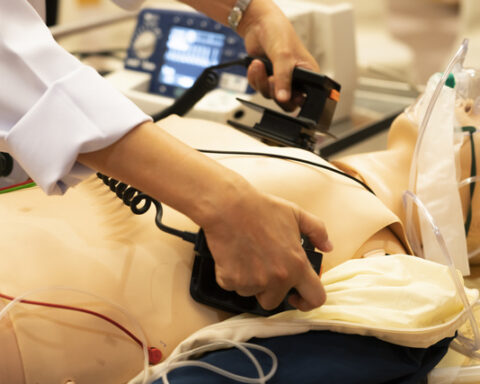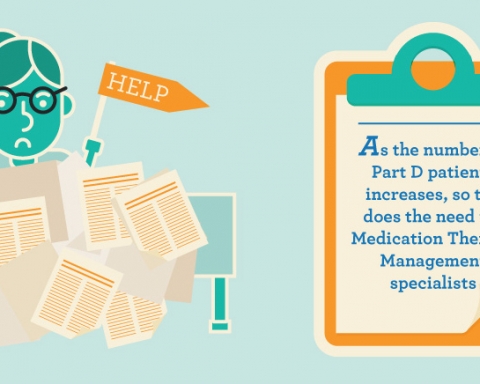Adverse drug reactions (ADRs) are types of adverse drug events (ADEs). ADEs include ADRs, medication errors, and other drug-related problems. ADEs are the negative consequences of drug misadventures. Henri Manasse defined drug misadventure as the iatrogenic hazard that is an inherent risk when drug therapy is indicated.
The World Health Organization’s (WHO) and Karch and Lasagna’s definitions of an ADR are quite similar. An ADR is any response to a drug that is noxious and unintended, and occurs at doses used for prophylaxis, diagnosis, or therapy, excluding failure to accomplish the intended purpose.
[wp_ad_camp_4]The Food and Drug Administration (FDA) focuses on ADRs that have unexpected reactions and/or those of more significant morbidity. These ADRs would include those where the patient outcome is death, life-threatening, hospitalization, disability, congenital anomaly, or required intervention to prevent permanent impairment or damage. The Joint Commission on Accreditation of Healthcare Organizations (JCAHO) is concerned with the reporting of significant ADRs. Those that result in morbidity, require additional treatment, require an increased length of stay, temporarily or permanently cause disability, or cause death must be reported to the FDA.
The American Society of Health-System Pharmacists (ASHP) defines significant ADRs as any unexpected, unintended, undesired, or excessive response to a drug that includes the following:
- Requires discontinuing the drug
- Requires changing the drug therapy
- Requires modifying the dose
- Necessitates admission to the hospital
- Prolongs stay in a health care facility
- Necessitates supportive treatment
- Significantly complicates diagnosis
- Negatively affects prognosis or results in temporary or permanent harm, disability, or death
[wp_ad_camp_1]
The ASHP definition does not include reactions due to drug withdrawal, drug abuse, poisoning, or drug complications. Other terms that may be included as ADRs are side effects, drug intolerance, idiosyncratic reactions, toxic reactions, allergic reactions, or hypersensitivity reactions.








